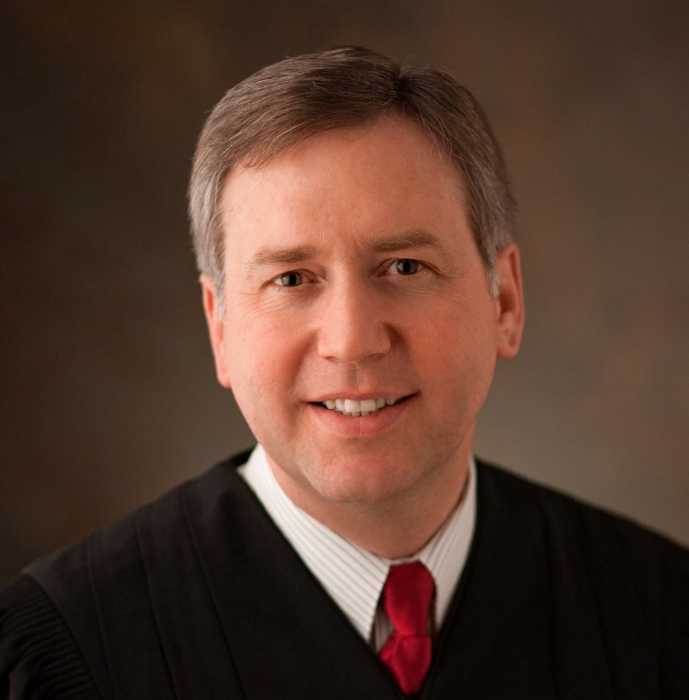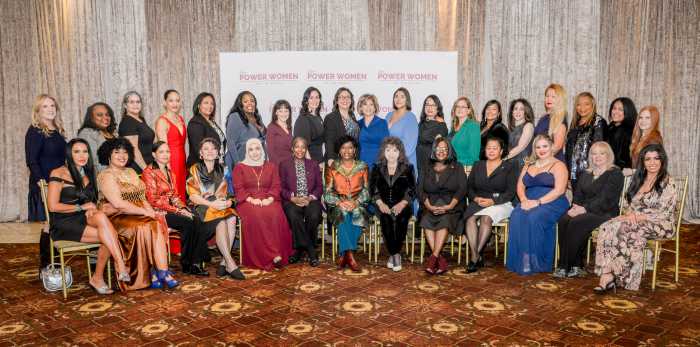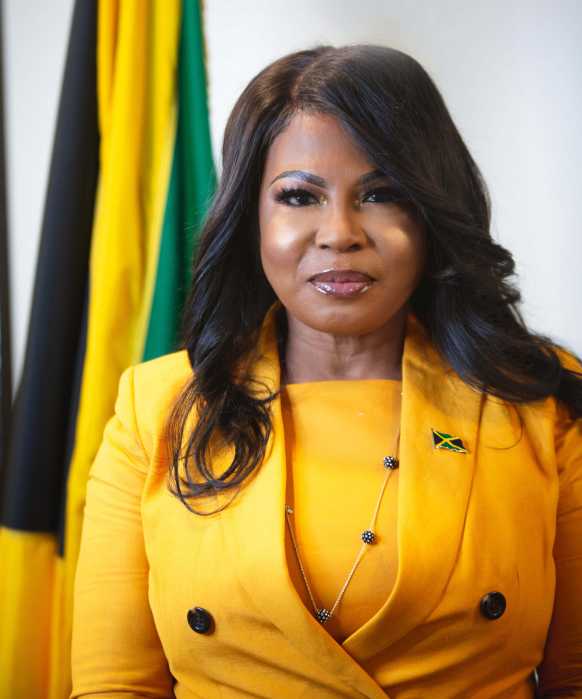State officials are implementing new guidelines in the New York State Education Department to assist schools in the effort to support the climate and safety of transgender and non-binary people in educational institutions across New York.
The new initiative, state officials say, reflects ongoing changes made by state legislators to improve the academic experiences and social experiences in academic settings for students. Notably, the initiative involves updating educational institutions on changes to the New York State Human Rights Law as well as federal laws protecting trans and gender-expansive students.
The initiative also reminds folks in New York about relevant policies, such as the Dignity for All Students Act, which bars harassment, bullying, and discrimination on school property or at school functions.
The new effort aims to provide more data on the lived experiences of transgender and gender expansive students; offer clarity on information regarding student privacy and records; bring more support for students and move away from gender-based sports activities; offer more resources for staff and students alike; and incorporate student voices.
The changes were influenced by input from advocates across the state as well as transgender and gender expansive students, according to Kathleen DeCataldo, the assistant commissioner for the Office of Student Support.
“[Students’] voices are reflected in the documents, the framework,” DeCataldo said in a phone interview with Gay City News. “You’ll see that there [are] full quotes all throughout. Their input was the driving force for the best practice piece — about what they wanted school to be thinking about to support them better.”
Others involved in the changes included members of an Education Department advisory board that originated in 2015. The advisory board for this year consisted of representatives from the groups such as Arrowood Law, Capital Region Board of Cooperative Educational Services, Empire Justice Center, New York Civil Liberties Union, Northwell Health Center for Transgender Care, Phyllis B. Frank Pride Center of Rockland County, the Trevor Project, and a plethora of state-based agencies and offices.
The Trevor Project, according to DeCataldo, was particularly helpful, with both their insight and the surveys they conducted independently regarding lived experiences and requests from transgender and gender-expansive students.
DeCataldo further noted that the initiative applies not only to teachers and students, but also others who are involved in the educational environment, such as cafeteria workers and bus drivers.
“We want schools to help all their school staff be ready to know what to say in a situation where a young person might consider that adult a trusted person and say, ‘Hey, I would like it if you would call me by this name and these pronouns,’” DeCataldo said.
DeCataldo and the rest of the staff at the New York State Education Department are looking to provide resources to schools across the state to work to prevent any bullying or harassment towards transgender and gender expansive students.
The full document on the new gender framework can be found here.

















